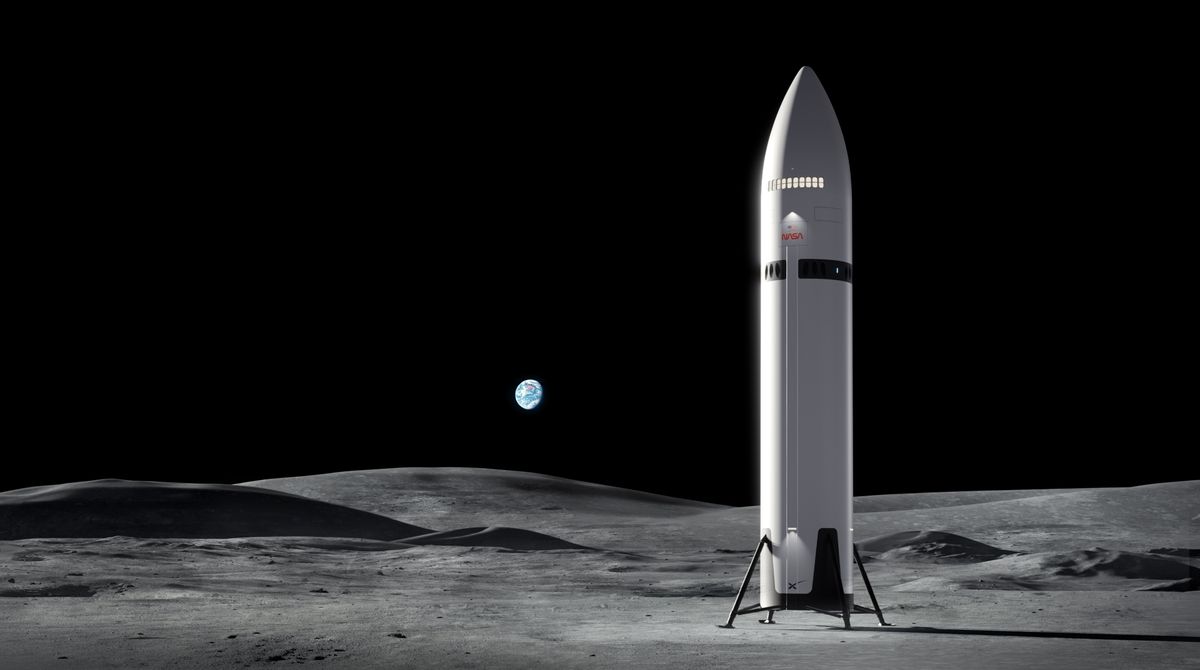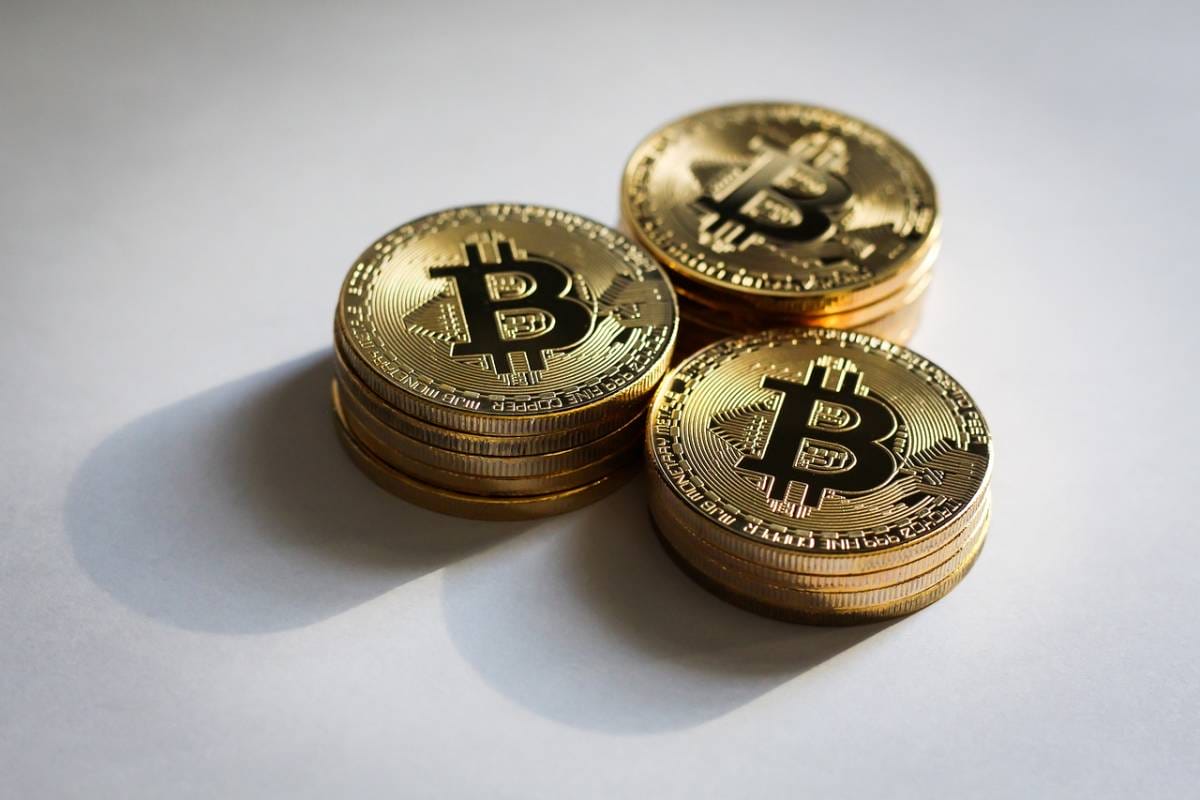World
‘Terrorism has no place in our world’: PM Modi tells Israel’s Netanyahu | India News – Times of India

NEW DELHI: Prime Minister Narendra Modi on Monday spoke to Israeli counterpart Benjamin Netanyahu amid Israel‘s unabated aerial action against Iran-backed Hezbollah in Lebanon.
Sharing his conversation with Israel’s Netanyahu, PM Modi said “terrorism has no place in our world”.
“Spoke to Prime Minister Netanyahu about recent developments in West Asia. Terrorism has no place in our world.It is crucial to prevent regional escalation and ensure the safe release of all hostages. India is committed to supporting efforts for an early restoration of peace and stability,” PM Modi wrote on X.
PM Modi has spoken to Netanyahu several times and expressed concern over the deteriorating security situation in the Middle East ever since last year’s October 7 attack that saw Iran-backed Palestinian militant group Hamas entering Israel’s southern territory and killing hundreds of Israelis, besides injuring thousands and abducting over 250 people to keep them hostage for future negotiations.
This conversation comes at a time when the situation in West Asia has descended to its all-time-low in recent years with Hezbollah chief Hassan Nasrallah’s killing.
Netanyahu called the death of Nasrallah “the knockout punch” to the “main engine of Iran’s axis of evil,” referring to the network of Iranian-backed militias spread across the Middle East.
For Israel, Nasrallah’s death is seen as a defining moment. Hezbollah, with its vast arsenal of missiles and deep ties to Iran, had long been one of the most significant threats facing Israel.
For decades, the group’s military might and deep entrenchment in Lebanon’s political system made it a formidable adversary.
Nasrallah’s death now leaves a power vacuum in both Hezbollah and the wider network of Iranian-backed militias across the region. From Gaza’s Hamas to Yemen’s Houthis, these groups have relied on Hezbollah’s military expertise and leadership in their resistance against Israel and other regional powers.
The potential disruption to this network could significantly weaken Iran’s influence, reshuffling the region’s balance of power.










